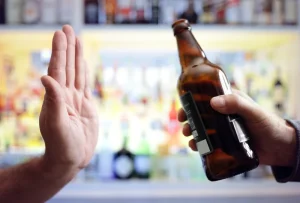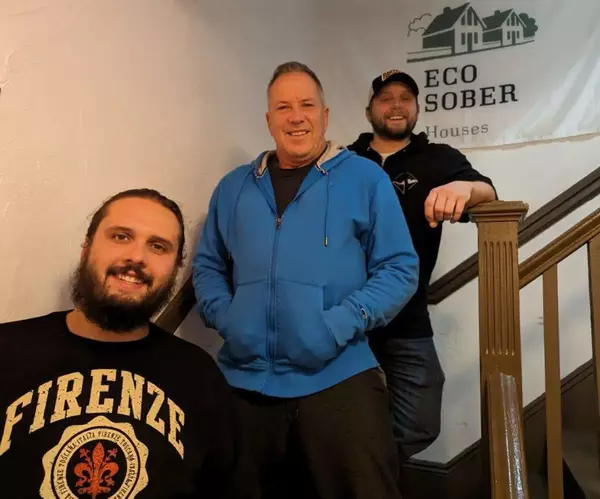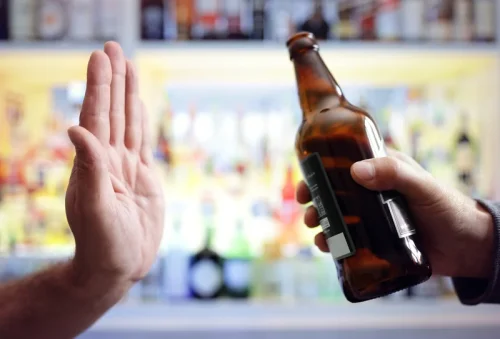
This launched Ohio’s connection to NARR and the work to begin an Ohio Affiliate of the national organization. Ohio Recovery Housing (ORH) is the only Ohio affiliate of the National Alliance of Recovery Residences (NARR). As such, ORH maintains a review process that ensures that all recovery homes it certifies meet the standards established by NARR.

Teen residences
If you or a loved one is struggling with addiction and co-occurring mental health issues, we can help. In our recovery center, we offer residential treatment as well as outpatient care. One way we promote lasting sobriety is by offering sober living homes for those who are transitioning between levels of care.

Ohio Recovery Housing is an alliance of individuals and organizations operating quality recovery housing in Ohio
In the 1970s and 1980s, regional recovery housing organizations began to emerge across the United States. These organizations had an emphasis on standards and training, including the Ohio Alliance of Residential Recovery Services (OARRS) which began operating in Ohio. The following tools have been developed to assist operators in understanding the review process and breaking down the measures by application phase. Reviewers use these tools to assess recovery homes, but they are not the official measures. For example, NARR standard https://ecosoberhouse.com/ E.14.h states that there must be “verification that laundry services are accessible to all residents.” It is up to ORH to determine specifically what is measured to verify that a recovery home meets that standard. So, when ORH reviews a property, we ensure that each home has a working washing and dryer OR that residents have access to and the ability and means to use a local laundromat (see measures documents below for more specific details).
How do you ensure resident safety?

While Level 4 homes are included in “recovery residences” they wouldn’t typically be considered “sober living homes” since they fall into the category of inpatient treatment, rather than aftercare. TCs are a structured, clinical environment and are usually full-service, meaning that residents don’t have to go offsite for treatment. For many who are working to overcome substance use issues, transitioning between residential and outpatient care can be challenging. This transition often involves moving between living in a structured environment where you have a high level of support and accountability to a living situation with a great deal of freedom. The relapse rates for those in recovery from drug and alcohol addiction can be as high as 60%. Many individuals relapse because they struggle during the move between a structured marijuana addiction living environment and a living situation with more independence.
- To this end, we offer women’s sober living programs to provide women with the benefits of women-only recovery environments.
- If you are a teen, you will want to surround yourself with other teens dealing with recovery.
- Additionally, recovery residences foster a sense of community and belonging among residents.
- Originally from the East Coast, Dr. Deena has worked running treatment centers, worked as a therapist in psychiatric hospitals as well as school settings and currently has a thriving private practice in the LA area.
Start Your New Life Today
In June 2014, HB 483 of the 130th Ohio General Assembly was signed into law by Governor John Kasich on June 17, 2014. This legislation was groundbreaking in that it created a definition for recovery housing, expectations for the operation of quality recovery housing in Ohio, and an allocation for recovery housing. In October 2013, Ohio hosted our first statewide training on recovery housing with over 130 guests in attendance at the two day event. The event is co-hosted by Ohio Mental Health & Addiction Services (OhioMHAS), the Ohio Council, OARRS, and the Coalition on Housing and Homelessness in Ohio (COHHIO).
- In the autumn of 2013, the Ohio House of Representatives issued a report on Ohio’s opioid epidemic and identifies the importance of recovery housing.
- ORH has organized these articles into four categories, Outcomes, Resident Experiences, Recovery Housing and Community, and Implementation and Policy.
- At San Antonio Recovery Center, we help our clients on the road to long-term recovery and offer support every step of the way.
- Dr. Deena is a doctor of psychology and licensed clinical social worker since 1993.
- “This paper describes an innovative program that provides rental subsidies for sober housing and supportive services to persons in early recovery who are homeless and have substance use disorders.”
Requirements By Level of Support in Recovery Housing

These residences allow children and mothers to either stay together or in close proximity of one another. The rules and structure of single-mother residences include taking care of the children. LGBT residences are designed for those who identify as lesbian, gay, bisexual, or transgender.
- This group faces a series of problems and issues that aren’t always faced by the heterosexual population – such as coming out struggles, discrimination, and gender identity issues.
- However, nonprofit associations are beginning to offer rigorous accreditation and oversight for members.
- In some cases, the Housing Team may require a second virtual/on-site review in order to verify quality improvement recommendations have been implemented.
- To ensure a victory, you will want to make sure the recovery residence you choose is everything you could want and need.
- Residents in Level 4 homes are usually not able to work (at least not full-time) since they are engaged in recovery activities throughout the day.
Questions to Ask a Recovery Housing Operator
To be a part of the solution, SAFE Project provides education on quality recovery housing and the different types of recovery homes that exist. By doing this, we reduce stigma and help grow recovery communities throughout the nation. As sober living homes have become more popular, some regulatory bodies are developing membership and accreditation of these facilities. This ensures that the sober living home meets a certain code of ethics, as well as health standards. However, recovery houses are recovery residence not required to obtain this certification in order to operate.
Leave a Reply